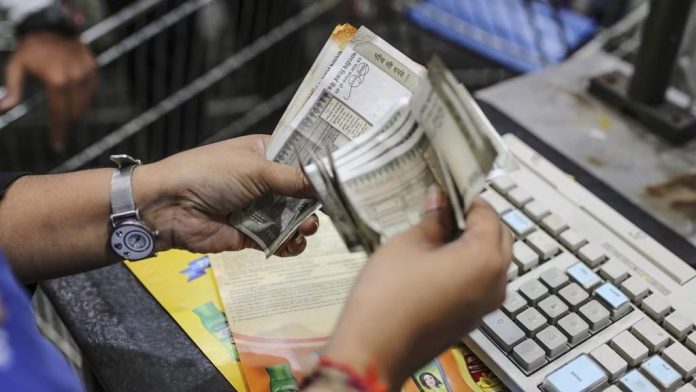The Supreme Court held that the benefit of interest-free or concessional loan given to bank employees is a ‘perquisite’ and hence taxable under the Income Tax Act.
Income Tax: Government bank employees have received a big blow from the Supreme Court. In a landmark judgment, the Supreme Court held that the benefit of interest-free or concessional loan given to bank employees is a ‘perquisite’ and hence taxable under the Income Tax Act. This decision was given by the bench of Justice Sanjeev Khanna and Dipankar Dutta. The judgment specifically upheld the validity of Section 17(2)(viii) of the Income Tax Act, 1961 and Rule 3(7)(i) of the Income Tax Rules, 1962. It said the provision is neither unjust, nor cruel nor harsh on the taxpayers.
As a rule, when a bank employee takes a zero interest or concessional loan, the amount he saves annually is compared to the amount paid by an ordinary person taking a loan of the same amount from State Bank of India. But there is a market and it will be taxable.
Justice Khanna said that the value of interest free or concessional loan should be treated as another benefit or facility to be taxed as perquisite. The grant of interest free or concessional loan by the employer would certainly qualify as a ‘fringe benefit’ and ‘perquisite’ as understood from its natural usage in common parlance.”
What is the perk
Justice Khanna and Justice Dutta clarified the nature of ‘perquisite’, saying that it is a benefit attached to the status of employment, which is different from ‘benefit in lieu of salary’. This is compensation for services. Perquisites are incidental to employment and provide benefits by virtue of employment status that are not available under normal circumstances.
The court rejected the petitions filed by All India Bank Officers Federation and other organizations. It was argued that this classification involves excessive and undirected delegation of essential legislative functions to the Central Board of Direct Taxes. The petitioners also argued that using the Prime Lending Rate of the State Bank of India as the standard benchmark was arbitrary and violative of Article 14 of the Constitution.
However, the judges said setting SBI’s interest rate as a benchmark would ensure uniformity and prevent legal disputes over different interest rates charged by different banks. He said that this measure avoids unnecessary litigation. It also simplifies the process of calculating the taxable value of fringe benefits.

